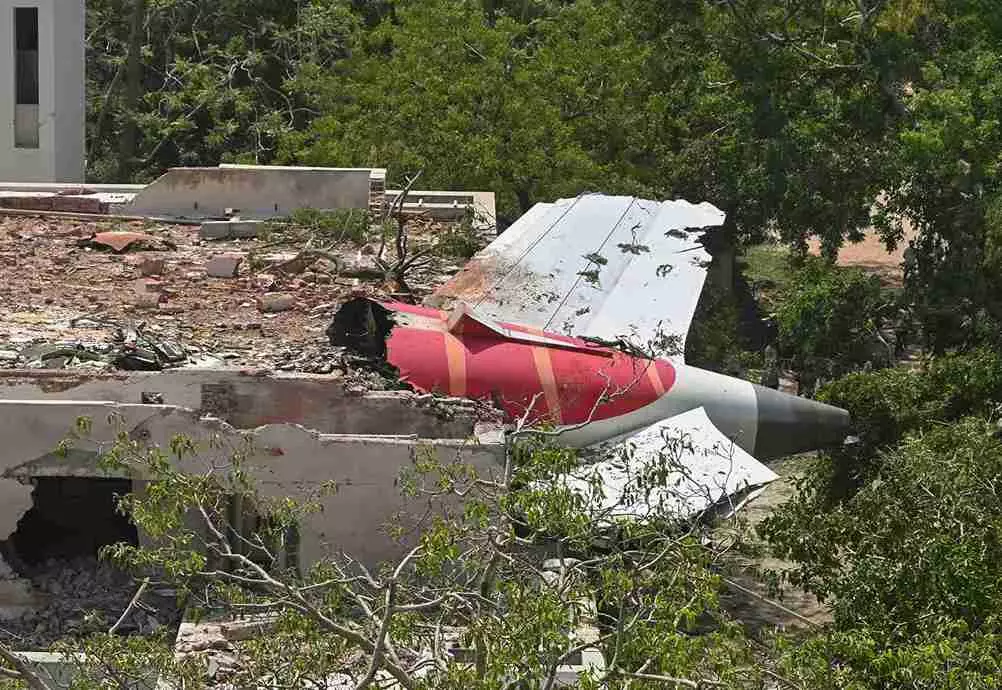
Ahmedabad Air India crash: US safety board cautions against 'premature' conclusions
US' National Transportation Safety Board (NTSB) head Jennifer Homendy urges patience, stating investigations take time after preliminary report mentions fuel cutoff switches

The head of the US National Transportation Safety Board (NTSB) said on Friday (July 18) that it is too soon to come to conclusions about what caused the deadly crash of an Air India Flight 171, following media reports that the captain of the plane likely cut off fuel switches of both engines.
The Air India Boeing 787-7 crash, which took place on June 12 in Gujarat's Ahmedabad and claimed 260 lives, is being investigated by India's Aircraft Accident Investigation Bureau (AAIB), with support from the NTSB.
Also Read: Exclusive | AI-171 crash triggered by fuel switches or engine failure?
NTSB chief urges caution
NTSB chairperson Jennifer Homendy urged caution over early media coverage of the Air India crash, emphasising that investigations take time and all official updates should come from India's aviation authorities.
“Recent media reports on the Air India 171 crash are premature and speculative. India’s Aircraft Accident Investigation Bureau just released its preliminary report. Investigations of this magnitude take time," NTSB shared Homendy's statement on X.
"We fully support the AAIB’s public appeal, which was released Thursday, and will continue to support its ongoing investigation. All investigative questions should be addressed to the AAIB," the statement further said.
Also Read: PIL in Madras HC aims to protect pilots from defamatory media coverage
Fuel switch cutoff
AAIB and Air India CEO Campbell Wilson have also urged the public to avoid speculation while the investigation is underway.
According to a preliminary report by the AAIB, two fuel control switches aboard the Boeing 787 Dreamliner were moved to the "cutoff" position moments after takeoff, cutting fuel to the engines.
Though the switches were restored about 10 seconds later, the aircraft had already lost thrust, leading to the crash.
A cockpit voice recording from the aircraft revealed that one pilot, identified by media outlets as First Officer Clive Kunder, asked the other, Captain Sumeet Sabharwal, why he cutoff the fuel switches, to which the latter responded that he did not do so, according to the AAIB report.
Also Read: Air India crash: WSJ report puts lens on captain; pilots’ body questions findings
Preliminary report
Following this, several media reports suggested that the crash may have resulted from pilot error or confusion in the cockpit.
The WSJ, citing an assessment by US officials, reported that black box recordings suggest Captain Sumeet Sabharwal, 56, turned off the fuel control switches just seconds before Air India Flight 171 crashed into a resident doctors' hostel in Ahmedabad shortly after takeoff.
AAIB on Thursday (July 17) criticised the Wall Street Journal for what it called “unverified and selective reporting” regarding a pilot’s alleged role in the Air India Flight 171 crash.
The AAIB noted that while the accident has garnered national and global attention, the preliminary report's purpose is to outline what happened and not why it happened.

